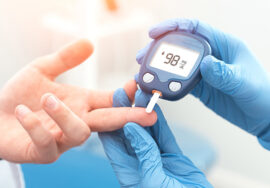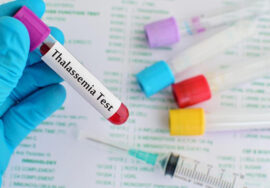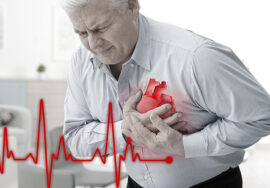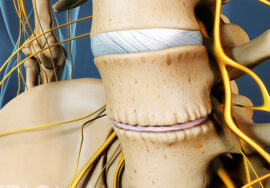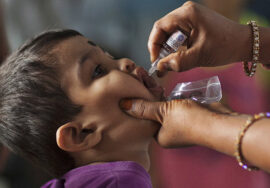
What is Bady Cardia?
Bradycardia (brad-e-KAHR-dee-uh) is a slower than normal heart rate. The hearts of adults at rest usually beat between 60 and 100 times a minute. If you have bradycardia, your heart beats fewer than 60 times a minute.
Bradycardia can be a serious problem if the heart rate is very slow and the heart can’t pump enough oxygen-rich blood to the body. If this happens, you may feel dizzy, very tired or weak, and short of breath. Sometimes bradycardia doesn’t cause symptoms or complications.
A slow heartbeat isn’t always a concern. For example, a resting heart rate between 40 and 60 beats a minute is quite common during sleep and in some people, particularly healthy young adults and trained athletes.
If bradycardia is severe, an implanted pacemaker may be needed to help the heart maintain an appropriate rate.
Symptoms
A slower than normal heartbeat (bradycardia) can prevent the brain and other organs from getting enough oxygen, possibly causing these signs and symptoms:
- Chest pain
- Confusion or memory problems
- Dizziness or lightheadedness
- Easily tiring during physical activity
- Fatigue
- Fainting (syncope) or near-fainting
- Shortness of breath
When to see a doctor
Many things can cause signs and symptoms of bradycardia. It's important to get a prompt, accurate diagnosis and appropriate care. See your health care provider if you or your child has symptoms of bradycardia.
If you faint, have difficulty breathing or have chest pain lasting more than a few minutes, call 911 or emergency medical services. Seek emergency care for anyone with these symptoms.
Causes
Bradycardia can be caused by:
- Heart tissue damage related to aging
- Damage to heart tissues from heart disease or heart attack
- A heart disorder present at birth (congenital heart defect)
- Inflammation of heart tissue (myocarditis)
- A complication of heart surgery
- An underactive thyroid gland (hypothyroidism)
- Imbalance of chemicals in the blood, such as potassium or calcium
- Repeated pauses in breathing during sleep (obstructive sleep apnea)
- Inflammatory disease, such as rheumatic fever or lupus
- Medications, including sedatives, opioids, and drugs used to treat heart rhythm disorders, high blood pressure and certain mental health disorders
Risk factors
Bradycardia is often associated with damage to heart tissue from some type of heart disease. Anything that increases the risk of heart problems can increase the risk of bradycardia. Risk factors for heart disease include:
- Older age
- High blood pressure
- Smoking
- Heavy alcohol use
- Illegal drug use
- Stress and anxiety
Complications
Possible complications of bradycardia can include:
- Frequent fainting
- Inability of the heart to pump enough blood (heart failure)
- Sudden cardiac arrest or sudden death
Prevention
- Get regular exercise
- Eat a healthy diet
- Maintain a healthy weight
- Keep blood pressure and cholesterol under control
- Don't smoke
- If you drink, do so in moderation
- Manage stress
- Go to scheduled checkups




